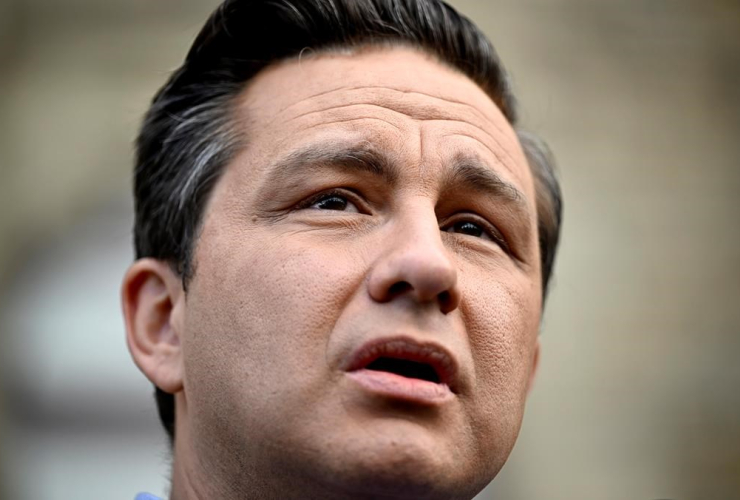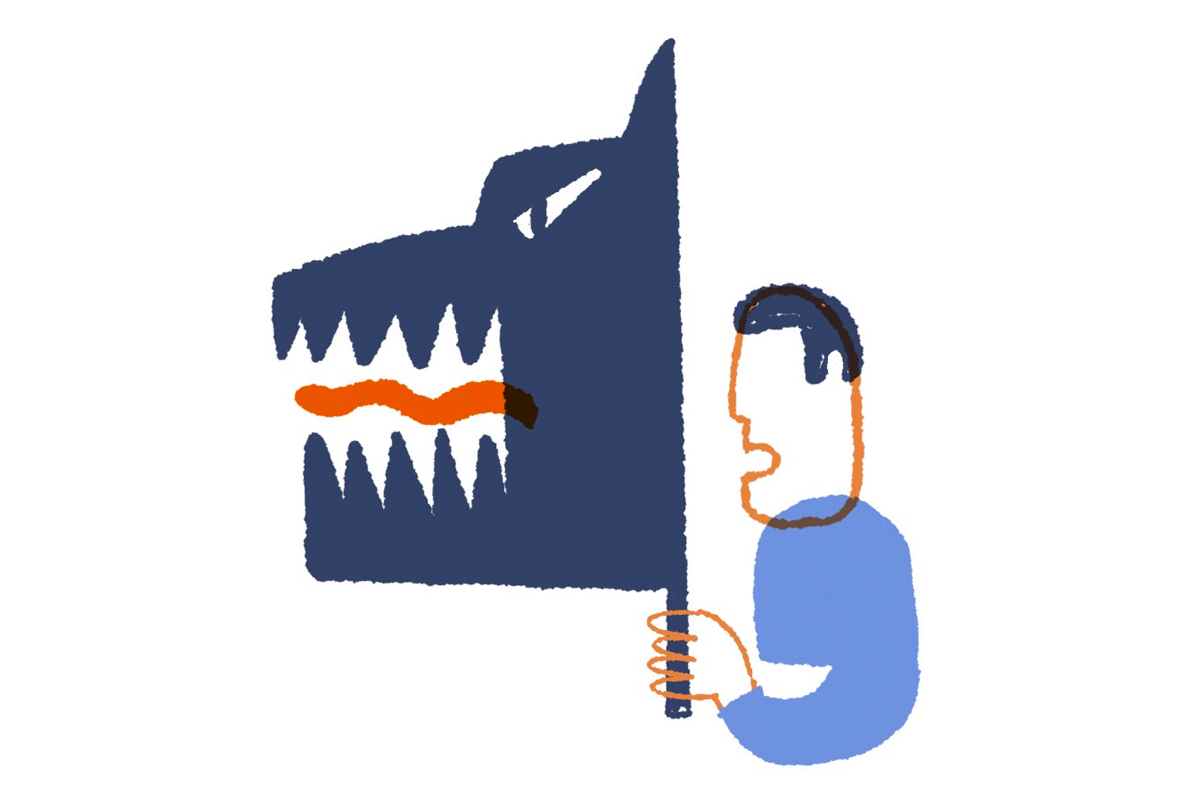Is Poilievre Bilingual? Unpacking The Truth Behind The Question
Let’s cut to the chase, folks. Is Poilievre bilingual? This question has been swirling around political circles, media outlets, and social media platforms like a storm. Pierre Poilievre, the name that’s been on everyone’s lips, has sparked a heated debate about his language skills. But before we dive deep, let’s set the stage. In today’s diverse world, being bilingual is more than just a skill—it’s a necessity, especially for political figures. So, what’s the deal with Poilievre and his language game?
Now, you might be wondering why this matters so much. Well, in a country as linguistically diverse as Canada, the ability to speak both English and French isn’t just a bonus—it’s a crucial part of connecting with the people. And let’s face it, when a politician steps into the spotlight, their language skills are scrutinized like never before. So, is Poilievre bilingual? Let’s find out.
Before we get into the nitty-gritty, it’s worth noting that this isn’t just about Poilievre. It’s about the expectations we place on our leaders and the importance of communication in a multicultural society. So, buckle up, because we’re about to break it all down for you, piece by piece. No stone will be left unturned, and we’ll leave no question unanswered.
Read also:Hd Hub 4ufit Your Ultimate Destination For Streaming Movies And Tv Shows
Understanding the Bilingual Debate
First things first, let’s define what bilingualism really means. In its simplest form, being bilingual means being able to speak two languages fluently. But here’s the kicker—fluency is subjective. Some people might consider themselves bilingual if they can carry on a basic conversation, while others demand a higher level of proficiency. And when it comes to politicians, the bar is set pretty high.
Why Does Bilingualism Matter in Politics?
In Canada, where both English and French are official languages, bilingualism is more than just a perk—it’s a requirement for many political roles. The country’s linguistic duality is enshrined in law, and leaders are expected to communicate effectively with both English and French-speaking citizens. This isn’t just about ticking boxes; it’s about building trust and understanding across cultural divides.
Who is Pierre Poilievre Anyway?
Before we dig into whether Poilievre is bilingual, let’s take a step back and introduce the man himself. Pierre Poilievre is a Conservative Party politician who has been making waves in Canadian politics for years. Known for his outspoken views and charismatic style, Poilievre has carved out a niche as a formidable political figure. But beyond the headlines, who is he really?
Poilievre’s Background
Pierre Poilievre was born on April 14, 1979, in Ottawa, Ontario. He grew up in a bilingual household, which gives us a hint about his language skills. His father, Réal Poilievre, was a French-speaking engineer, while his mother, Maryse Poilievre, was English-speaking. This cultural blend might have played a significant role in shaping his linguistic abilities. But does it mean he’s bilingual? Let’s not jump to conclusions just yet.
Here’s a quick rundown of his career highlights:
- Served as the Member of Parliament for Nepean-Carleton from 2006 to 2015.
- Held several cabinet positions, including Minister of State for Democratic Reform.
- Currently serves as the Leader of the Conservative Party of Canada.
Is Poilievre Bilingual? The Facts
Now, let’s get to the heart of the matter. Is Poilievre bilingual? The short answer is—it depends on who you ask. Some people claim he’s fluent in both English and French, while others argue his French skills are lacking. So, what’s the truth?
Read also:Ahad Raza Mir And Sajal Ali Divorce Reason The Untold Story You Need To Know
What the Experts Say
According to linguists and language experts, Poilievre’s French is functional but not flawless. He can hold conversations in French, but his grammar and vocabulary might not be on par with native speakers. However, in the world of politics, being able to communicate in both languages is often more important than achieving perfection.
Why the Controversy?
So, why has this question become such a hot topic? The answer lies in the expectations placed on political leaders. In a country as linguistically diverse as Canada, the ability to speak both official languages is seen as a key indicator of a leader’s ability to connect with all citizens. And let’s be honest—critics are always on the lookout for something to critique.
The Public Perception
Public perception plays a huge role in shaping the narrative around a politician’s language skills. Some Canadians might view Poilievre’s French as adequate, while others might see it as a weakness. The truth is, language is deeply tied to identity, and opinions on this topic are often influenced by personal biases and political affiliations.
Poilievre’s Stance on Bilingualism
In interviews and public appearances, Poilievre has acknowledged the importance of bilingualism in Canadian politics. He has stated that while he strives to improve his French, his primary focus is on representing the interests of all Canadians. This pragmatic approach might resonate with some voters, but it’s unlikely to satisfy those who demand linguistic perfection.
What Does the Future Hold?
As Poilievre continues his political journey, his language skills will undoubtedly remain a topic of discussion. Whether he chooses to prioritize improving his French or focuses on other aspects of his leadership remains to be seen. One thing is for sure—this issue isn’t going away anytime soon.
Data and Statistics
According to a 2023 survey conducted by Statistics Canada, approximately 18% of Canadians are bilingual, speaking both English and French. This number has been steadily increasing over the years, highlighting the growing importance of bilingualism in Canadian society. While these numbers don’t directly answer the question of whether Poilievre is bilingual, they underscore the significance of the issue.
Key Takeaways
Here are some key points to keep in mind:
- Bilingualism is a crucial skill for Canadian politicians.
- Poilievre’s French skills are functional but not flawless.
- Public perception plays a significant role in shaping opinions on this topic.
Conclusion
So, is Poilievre bilingual? The answer isn’t as simple as a yes or no. While he can communicate in both English and French, his proficiency in French might not meet the standards of perfection that some people expect. However, in the world of politics, being able to connect with people across linguistic divides is often more important than achieving linguistic perfection.
We encourage you to leave your thoughts in the comments section below. Do you think Poilievre’s language skills are adequate? Or do you believe he should prioritize improving his French? Let’s keep the conversation going. And don’t forget to share this article with your friends and family. Knowledge is power, and the more we talk about these issues, the better equipped we are to make informed decisions.
Table of Contents
Article Recommendations


